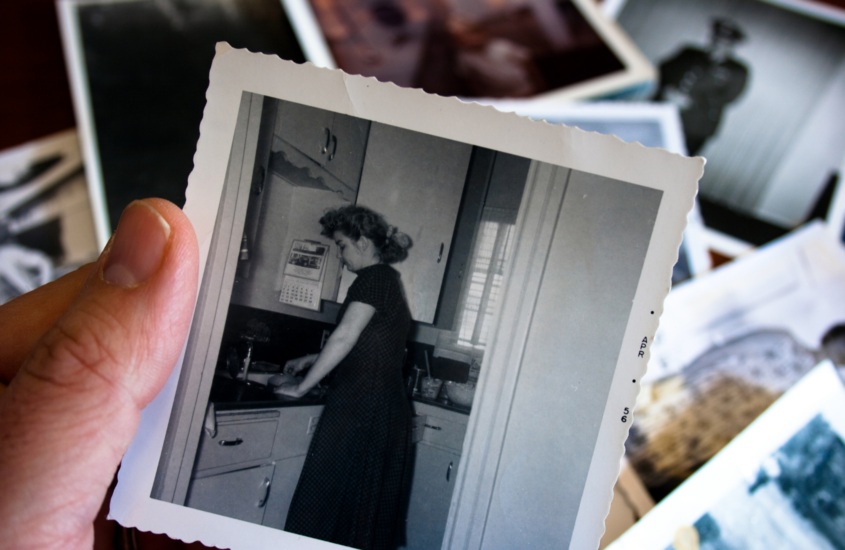The Homemaker: Breaking Down Stigmas
Grace Thatjoyfilledhome |
Abigail Adams wrote her husband in June 1783 that a “Well-ordered home is my chief delight, and the affectionate, domestic wife, with the relative duties which accompany that character, my highest ambition.” The sentiment that the role of a homemaker is highly valued was prominent for centuries. So what changed?
The modern-day messaging of “be whatever you want to be” extends to all realms, except when it comes to being a Homemaker. Our culture values the accolades of educational and career success, and in turn, the role of a homemaker often finds itself exiled to the shadows. Despite significant contributions homemakers make to their families and communities, there exists a subtle yet persistent stigmatization of those who choose to dedicate their lives to the home.
The Subtle Stigma
Though not always overt, there is a stigma with being a homemaker. The inevitable question arises in small talk: “What do you do?” It is a dreaded question, not because one lacks pride in the work of the home, but because of the connotations that tend to come with it. There is an underestimation of a homemaker. To be a “homemaker” in many modern minds is to be uneducated, or lacking skills that are marketable in the workforce. It is to lack ambition, be isolated, to lack autonomy. Oftentimes it’s pictured as a lifestyle of laziness and excessive free time. Well-meaning people belittle the role with questions and statements like “But what do you really want to do?” or “You are so smart, I would hate to see your talent wasted.” In the modern mind “homemaker” is not something to strive for.
The Devaluation of Unpaid, Unseen Labor
The work of managing a home, raising children, and being a husband’s helpmate is often dismissed because it does not (typically) generate income. However, there is an enormous economic contribution from homemakers that otherwise outsourced would be costly. Childcare is astronomical these days, eating out for two can well overrun $60 for a meal. Homemakers save hundreds by being the sole caretaker of their household. As the great Charles Spurgeon said, “A thrifty housewife is better than a great income.”
Many will point out that this is “unpaid” labor and therefore unfair to homemakers. I would argue that it’s not truly “unpaid”. The joy and fulfillment women gain from this occupation is payment enough. Everyone does some sort of “unpaid labor”. Not just women. Perhaps it’s a capitalistic society that perpetuates the idea that to have value something needs to be attached to a paycheck. Culture may not see the value in doing small daily tasks faithfully, but they have a tremendous impact on future generations.
Redefining Success & Removing the Stigma
The feminist movement reframed marriage and motherhood as oppression. In so-called “liberation from gender roles” there is still pressure to conform to the modern feminist ideals of a career-driven path. In 1976 prominent feminist Simon de Beauvoir stated “No woman should be authorized to stay home to raise her children. Women should not have that choice, because if there is such a choice, too many women will make that one.” She is right. Women, if given the true choice, do choose to stay home. The younger generations are embracing the traditional roles and traditional values. Women are getting back in touch with the domestic arts, reclaiming the skills that have been lost within just two generations.
Success goes past the conventional notions of professional accomplishments. It seems a strange sort of internalized feminism that many feel pity for women who choose to be a homemaker. To many women, success is in the home.
What message are we sending to the younger generations that are finding the value of the home and family? If our attitudes are to scoff at homemaking as less than occupation we cannot be upset at the outcomes.
“The Homemaker has the ultimate career. All other careers exist for one purpose only and that is to support the ultimate career.” -CS Lewis






